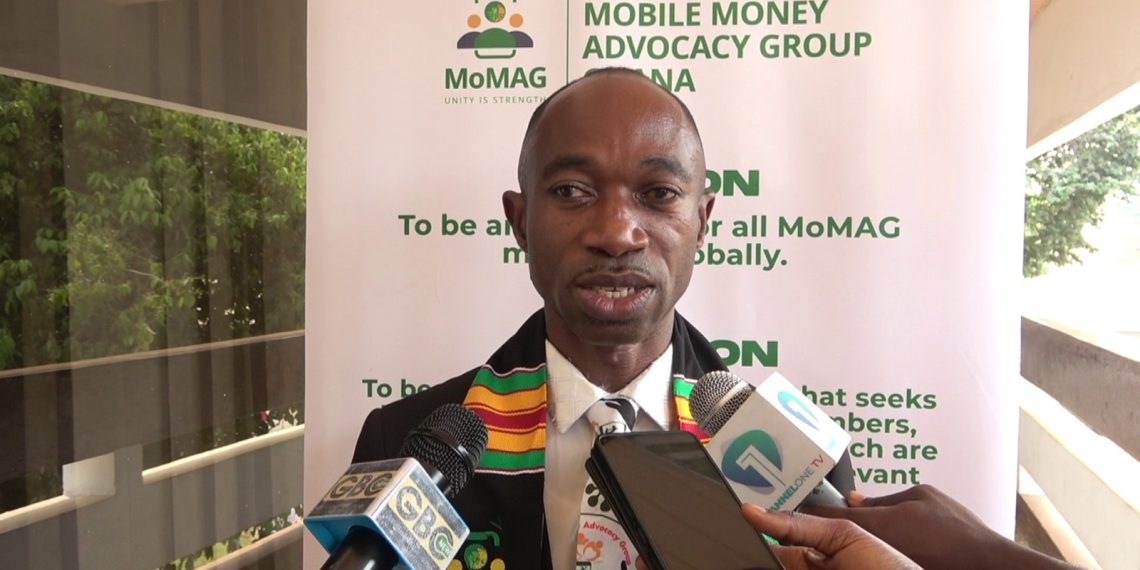adverts
The Mobile Money Advocacy Group Ghana (MoMAG) has expressed optimism that scrapping the controversial electronic levy (E-levy) will revitalise their business operations and encourage more customers to utilise mobile money services.
Finance Minister-Designate Dr. Cassiel Ato Forson announced plans to abolish the E-levy during his vetting, describing it as a key measure in the government’s upcoming budget.
Speaking at the induction ceremony for MoMAG’s new executives, President Edward Ofori Agyemang highlighted the negative impact of the levy, stating that it discouraged customers from depositing money into mobile wallets.
adverts
“Before the E-levy, customers would deposit money into their wallets and send it easily. But with the levy, they avoided it by asking agents to send money directly,” Agyemang explained. “The removal of the E-levy is a happy moment for us, and it will significantly enhance our business.”
The E-levy, introduced as a tax on electronic transactions, had drawn criticism for hindering digital payment adoption, especially among underserved populations. Its removal is expected to:
- Boost Mobile Money Use: Encourage deposits and transactions via mobile wallets.
- Promote Financial Inclusion: Foster broader access to digital financial services.
- Stimulate Economic Activity: Support the growth of businesses reliant on mobile payments.
The Bank of Ghana has urged stakeholders to prioritize safeguarding and growing the mobile money sector. Kwame Oppong, Director of Fintech and Innovation at the Central Bank, emphasised the importance of robust regulations to protect consumers and support sustainable industry growth.
“Ghana has been ranked the best in the world for mobile money regulation by the 2024 GSMA Mobile Money Regulatory Index,” Oppong noted, underscoring the country’s leadership in advancing digital financial inclusion.
With the anticipated removal of the E-levy, industry players and regulators alike are hopeful that mobile money services will regain momentum, driving financial inclusion and fostering economic resilience across Ghana.


